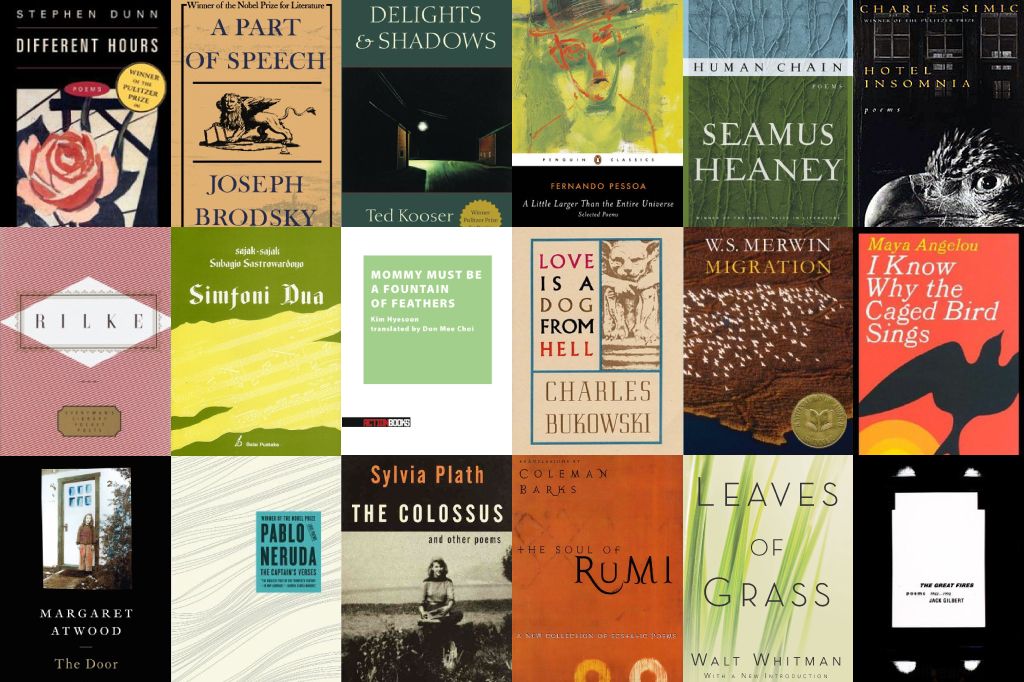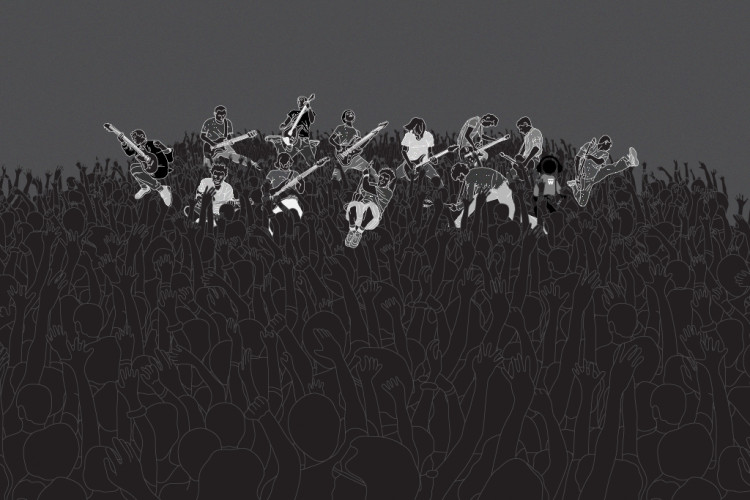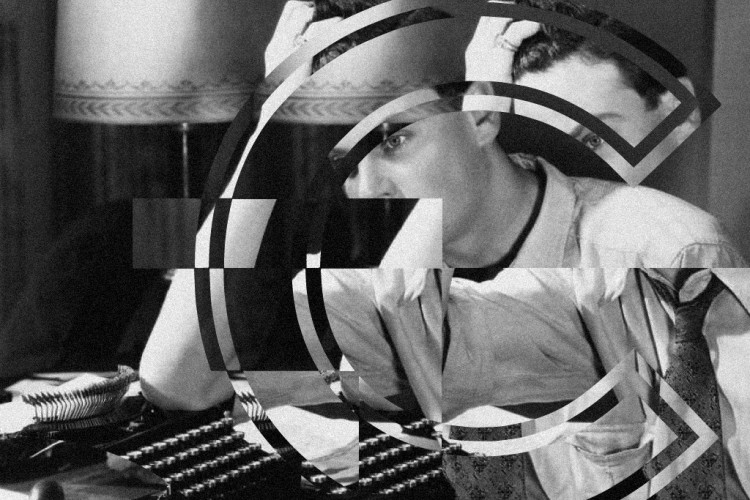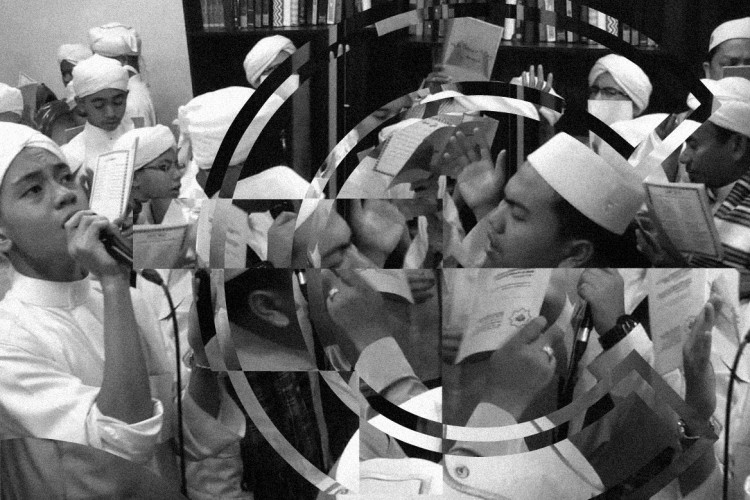
The thing about poetry is that it
often begins like this:
a line followed by another line.
And those two lines will
have more lines following them
until they become
a verse followed by another verse.
Such is poetry, so it seems;
neatly arranged lines that give
readers the illusion of order.
Yes, a poem begins with a line,
but it is hard to tell when it starts
Even harder to know when it ends.
Capitals and periods rarely help.
Robert Hass understands this confusion.
“The reader doesn’t always know
where he or she is in the sentences and
sometimes doesn’t find out until
the meaning is completed,” he wrote.
Poetry demands for patience.
There are no shortcuts to understanding.
But completion is not to be mistaken for
conclusion—poetry knows no such thing.
A poem has no core; it is its core.
Skip a line to step into nonsense;
for a poem’s conclusion is evenly divided
among its few or numerous verses.
Poetry needs attention to make sense.
Mystery, however, is poetry’s best friend.
One must not only read between the lines,
but also far beyond them.
“Poetry doesn’t state ideas.
At best, it causes them.
It’s thought-provoking,” said Charles Simic.
A poem is a door and what waits behind it.
For exactly this reason
readers of poetry are never lost;
they are simply left to wander.
And wonder: “What does this mean?”
“What else can this mean?”
Poetry is for the restless, the curious,
and those forever dissatisfied adventurers.
The possibilities are endless, as
ideas beget ideas beget more ideas.
But what is poetry without feelings?
Love, hatred, loneliness, anger.
Without thoughts, a poem dies.
Without emotions, it is never born.
Even poetry has a life cycle.
“Feeling is like the sky.
Seen, nothing in it to see,”
goes a poem by Fernando Pessoa.
What about kites, balloons, and planes?
The things we put into the invisible sky
are our poems; including Pessoa’s.
Poetry gives form to our emotions.
But feelings cannot stay still!
The poet must grab them before they leave
because even if they decide to return,
they will no longer be the same.
To write a poem, one must hold on.
But to read one, the best thing to do
is to trust the flow of the current.
The other thing about poetry is that it
usually ends with a final line.
But that is only because the lines
that follow are the readers’ to make.
The last period does not mean goodbye;
it is the poet’s way of saying:
“Whatever comes after this is yours.”











